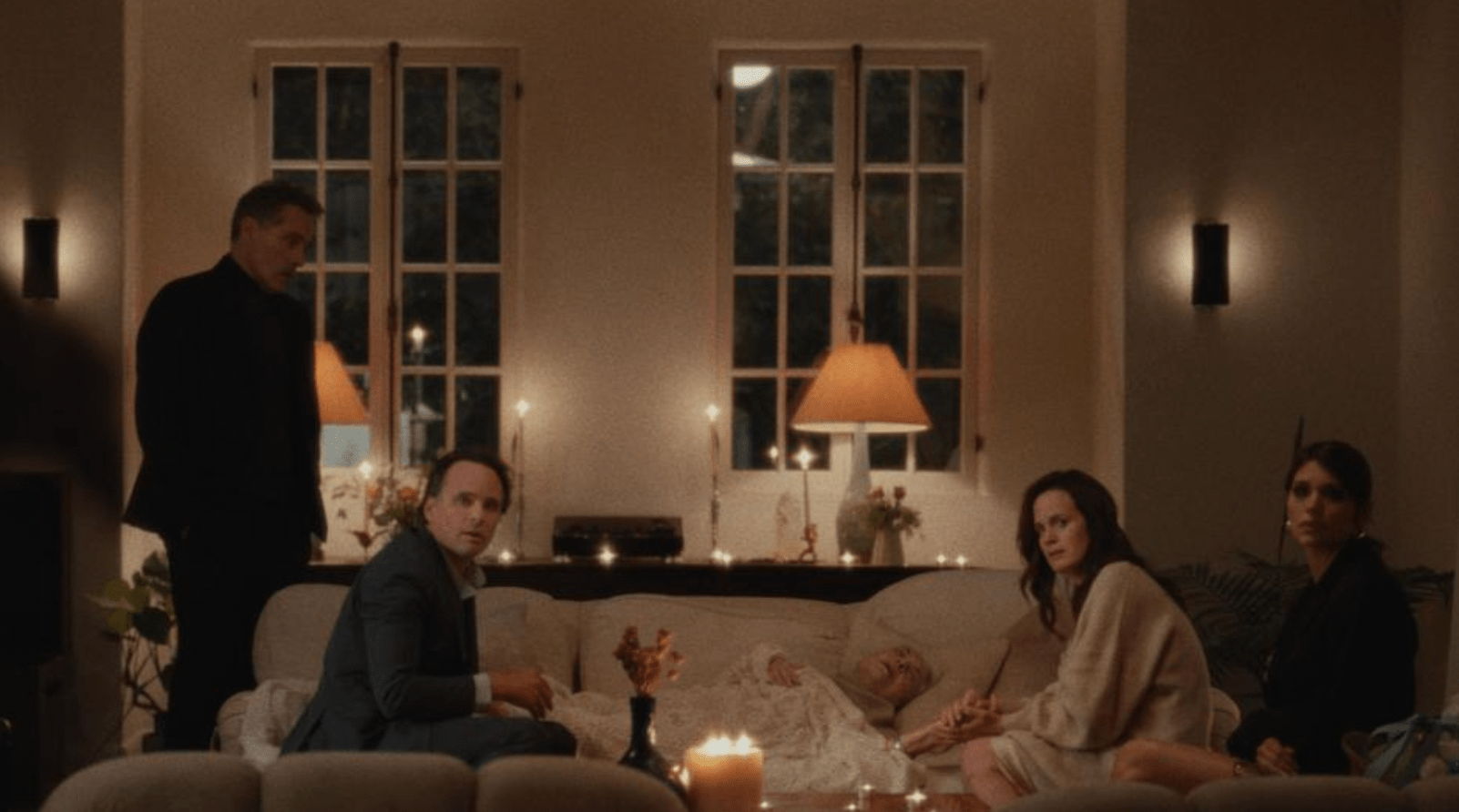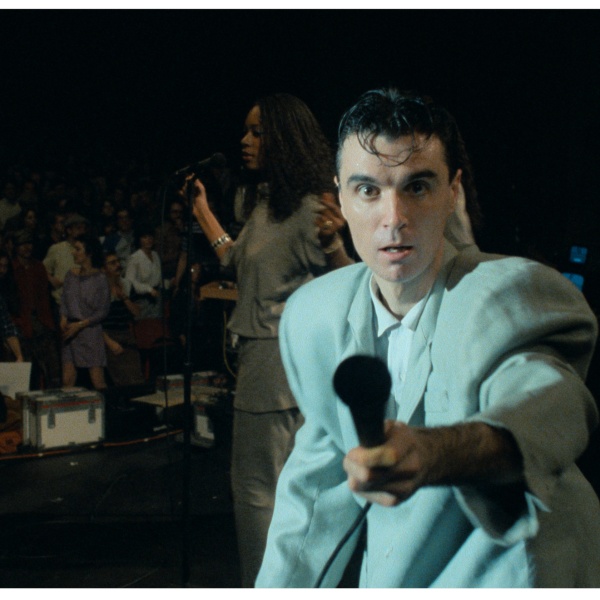It’s a scientific fact that no amount of prior prep time can ever make a host feel truly prepared when guests start arriving for a dinner party. Something always falls through the cracks, and even the most natural entertainers are destined to find themselves half-dressed and cursing their rude friends for having the gall to ring the doorbell ten minutes after the time on the invitation. So when Rose (Elizabeth Reaser) is in the thick of those agonizing final minutes before her garden party starts, the last thing she wants to see is a confused elderly woman pulling into her driveway insisting that Rose’s Hollywood mansion is actually her house.
But a movie called “The Uninvited” wouldn’t be much fun if only the invited guests show up, would it? Rose soon finds her party — which she never wanted to throw in the first place, but agreed to as a way of helping her agent husband Sammy (Walton Goggins) schmooze clients as he navigates a career crisis — going off the rails as she tries to help Helen (Lois Smith) try to remember who she is. The woman is obviously in failing health and rapidly alternates between various states of panic and lucidity as she recalls her glory days as a Hollywood star.
Rose feels an obligation to get Helen home safely, but Sammy is distracted by the onslaught of Hollywood stars in their current glory days rolling up to the house. He quickly shifts his focus to work talk and key bumps, leaving Rose to deal with Helen and bedtime for their young son. But dropping everything to solve everyone else’s problems is just par for the course for Rose. After reluctantly pausing her acting career once the industry decided she had aged out of every role worth playing, she has devoted herself to motherhood and the daily grind of facilitating her family’s domestic needs.
But even for Rose, a spiraling husband, a house full of unstable celebrities, a young child, and a dying stranger is a lot to juggle in a single evening. But Rose’s night becomes even more complicated when her old flame Lucien (Pedro Pascal) shows up. Rose and Lucien were both on- and off-stage lovers during the peak of her theater career, but parted ways after her desire for a family became incompatible with his hard partying lifestyle. He doesn’t appear to have changed much, but the newly “sober” (he still drinks, but is going through an AA program as an act of self-improvement) actor shows up with an apology that thinly masks a plea to rekindle their romance. Rose might not have wanted any of these external forces to disrupt her evening, but it soon becomes clear that she’ll have no choice but to address the emotional turmoil she’s been conveniently ignoring for years.
The film‘s small scale and stageplay mentality means that most of the narrative burden is placed on its ensemble cast, all of whom step up to the plate and turn the party into riveting drama. Reaser carries the film with her rich performance as Rose, performing the exhausting task of solving everyone else’s problems at once without losing the sparkle that reminds us why the character used to be a beloved actress. The film never shies away from the idea that living a life devoted to the needs of others requires sacrificing a large percentage of your own self-actualization. But it also avoids the narrative trap of simplifying wealthy motherhood to an unspeakable form of agony, forcing Rose to bask in the awkward contradiction of realizing that the thing that cost her so many of her dreams still gives her a real degree of fulfillment.
Goggins is also excellent, embodying Sammy with the perfect ratio of cocaine-fueled arrogance, midlife insecurity, expired youthful idealism, and blatant materialism. Too fleshed out to be simplistically categorized as a “toxic man” but too odious to elicit much sympathy until it’s too late, the character is brilliantly stuck trying to fulfill the steps of his own hero’s journey without realizing he’s now just a bit player in his own life story. The material gives Pascal a little less to work with — reducing Lucien to the role of toxic man would be a much fairer assessment — but he aces the assignment to show up and be a handsome mess with his own incoherently poetic regrets.
Those three characters and their complex backstories provide the kindling for the drama that ensues, but the spark that lights it all ablaze is Helen. Lois Smith embraces her role as the evening’s wildcard, and deserves to be commended for playing such an unstable character in her final days on Earth without devolving into typical elderly cliches. Yes, Helen has memory problems and mood swings and fleeting stories of life in Old Hollywood, but Smith executes all three with enough humanity to explain why she elicits so much sympathy from Rose.
Shot in just 15 days on a single location, “The Uninvited” is a clever directorial debut that straddles the traditions of theater and independent film with ease. While the story directly addresses the issues faced by women in the entertainment industry as they leave their youth behind, the kitchen sink dramedy should speak to anyone who has ever stared down the crossroads of their own life and wondered if there’s anything else. Our life might feel like our own dinner party where we try our best to control the menu and guest list, but the passage of time is bound to hit each and every one of us with our own coterie of uninvited guests.
Grade: B+
“The Uninvited” premiered at SXSW 2024. It is currently seeking U.S. distribution.






